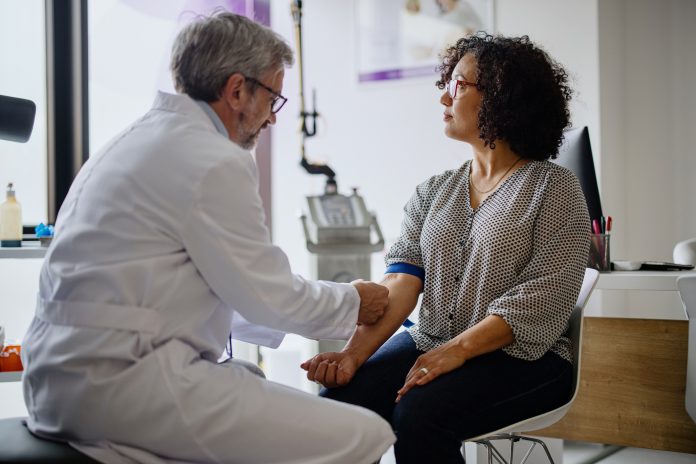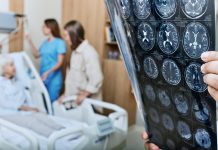Residency programs fail to prioritise menopause education despite the projected increase in postmenopausal women
A recent survey underscores the absence of standardised menopause curricula and accessible resources for residents.
Growing need for menopause education
With a rising number of postmenopausal women due to longer lifespans, menopause care is vital. However, current obstetrics and gynaecology residents lack comprehensive education on managing menopause symptoms and related conditions. Especially during an era where there is still stigma about women going through menopause and a lack of support for this in the work place.
The 2013 needs assessment exposed residents’ limited knowledge and desire for better menopause education. The latest survey suggests minimal improvement, as only 31.3% of responding residency directors reported having any menopause curriculum. Fewer than 20% had a confined curriculum.
Importance of improving residency programs
Among programs with a menopause curriculum, 96.8% utilised lectures and 77.4% assigned readings. However, the number of lessons remained low, with 71.0% offering two or fewer classes annually. An overwhelming 83.8% of respondents agreed on the need for additional menopause educational resources.
We need more gynaecology training programs
The research indicates a nationwide deficiency in obstetrics and gynaecology training programs’ menopause curriculum. The inconsistency among existing curricula hinders standardised care. An accessible and standardised menopause curriculum could benefit multiple specialities, ensuring competent menopause care for all women.
Dr Stephanie Faubion, medical director for The Menopause Society, underscores the ongoing problem of inadequate menopause education for medical trainees. A standardised curriculum would enhance training across specialities, ensuring accessible and competent menopause care.
Bridging knowledge gap for improved menopause care
Addressing the glaring lack of comprehensive menopause education within residency programs is crucial to enhancing healthcare professionals’ ability to manage menopause-related concerns effectively.
With the number of postmenopausal women projected to rise significantly, a standardized curriculum that covers the complexities of menopause symptoms, hormone therapy, bone health, cardiovascular risks, and more is essential.
This initiative not only ensures better healthcare for women but also empowers medical trainees across various specialties to provide competent and inclusive menopause care, aligning with the evolving healthcare landscape.











